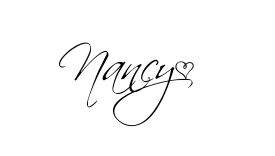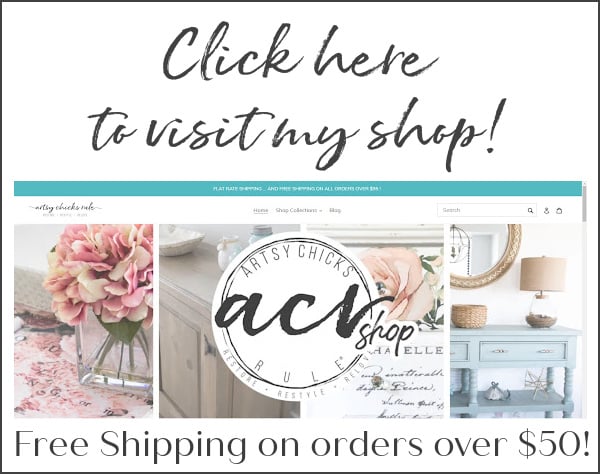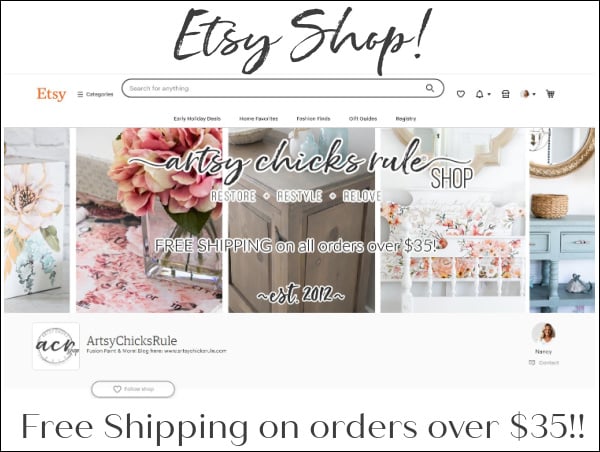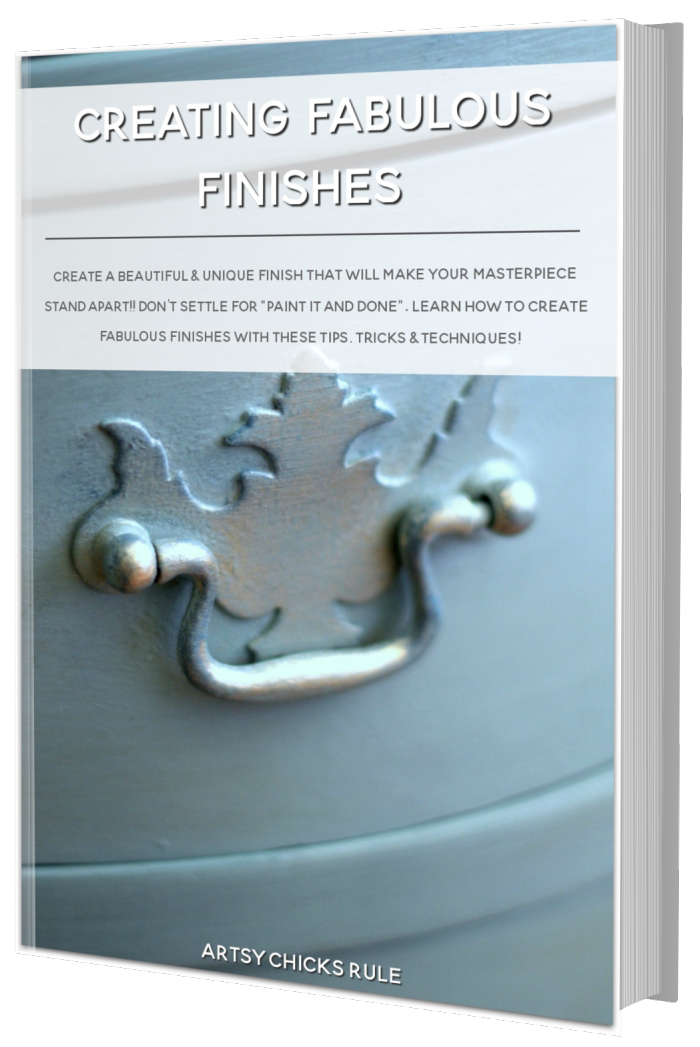Bring Your Brave – Know Your Risks and Be Informed
This is a sponsored post written by me on behalf of Centers for Disease Control and Prevention’s Bring Your Brave campaign for IZEA. All opinions are 100% mine.
As you guys know, October is Breast Cancer Awareness month.
And if you’ve been around here any length of time, you know I have also been affected by breast cancer.
So when I was approached to talk about the CDC’s new “Bring Your Brave” campaign I knew I had to say yes.
This is obviously a subject near and dear to my heart and one that I am very passionate about.
Awareness, being your own advocate and just plain and simple…..being informed.
So whenever I have a chance to share information pertaining to it, I do!
Now, if you haven’t been around here long, or haven’t read my story, I’ll fill you in.
I have a family history of breast cancer. My mother was diagnosed at 57 and my grandmother on my father’s side was diagnosed at the age of 54.
Sadly, I only found out about my grandmother after I was diagnosed. It just didn’t seem of importance, I suppose. So that information (my grandmother’s) never made it into my medical files.
I was diagnosed at 43. The tumor was probably there 5, and as long as 10, years before that I was told.
After receiving genetic counseling and genetic testing, I learned I do not carry the BRCA gene.
I did, however, have extremely dense breast tissue, a risk factor for breast cancer.
Luckily, I was diagnosed at an early stage and am doing very well.
But did you know breast cancer is the most common cancer in women in the United States? 11% of all cases of breast cancer in the United States affect women under the age of 45, however, many young women do not know they are at risk.
Every woman can benefit from learning the risk factors for breast cancer. In addition to the risk factors all women face, some risk factors put young women at a higher risk for getting breast cancer at a young age. If you are under the age of 45, you may have a higher risk for breast cancer if:
- You have close relatives who were diagnosed with breast cancer before the age of 45 or ovarian cancer at any age, especially if more than one relative was diagnosed or if a male relative had breast cancer.
- You have changes in certain breast cancer genes (BRCA1 and BRCA2), or have close relatives with these changes, but have not been tested yourself.
- You have Ashkenazi Jewish heritage.
- You received radiation therapy to the breast or chest during childhood or early adulthood.
- You have had breast cancer or certain other breast health problems, such as lobular carcinoma in situ (LCIS), ductal carcinoma in situ (DCIS), atypical ductal hyperplasia, or atypical lobular hyperplasia.
- You have been told that you have dense breasts on a mammogram. ( I had dense breasts)
The CDC encourages women to take 3 important steps to understand the risk of breast cancer in young women:
- Know how your breasts normally look and feel and talk to your doctor if you notice anything unusual.
- Talk to your relatives about your family history of breast or ovarian cancer. Use CDC’s worksheet as a guide for your conversation. https://www.knowbrca.org/downl
oads/FCHWorksheet.pdf - Talk to your doctor about your risk.
All very important steps.
Number one, absolutely, that’s how I found the lump that led to diagnosis.
Number two on the list, please do this.
I didn’t.
I had no idea my grandmother had been diagnosed until I told my parents that I had been diagnosed.
I suppose they didn’t see the importance of it and maybe there is no relation but you never know. That worksheet I linked to above, use it. It’s an awesome tool for you!
And number three on the list, do that too.
Open up a dialogue with your doctor and ask questions. Be informed.
……………………………………………………………………..
Bring Your Brave was launched in 2015 by the Centers for Disease Control and Prevention (CDC) and is it’s first breast cancer campaign specific to young women. 
Bring Your Brave wants to inspire young women to:
- learn their risk for breast cancer
- talk with their health care provider about their risk
- live a breast healthy lifestyle
The campaign tells real stories about young women whose lives have been affected by breast cancer.
To read their stories and to read more about this important campaign, see here –> women’s stories.
Now go print out the Bring Your Brave worksheet and know your risks….and be informed!
xoxo





i have my mammy grammy scheduled for nov. 6th and i did ask about denseness after reading about you, i have fibrous…. i think you are brave for posting all of the breast cancer info xx
Yay! Very good Chris! :) And thank you my sweet friend! xoxo
Nancy
Important post today Nancy! I’ve been getting annual mammograms since I was 35 because my grandmother had breast cancer twice before the age of 50.
Yes, it really is Marie! I’m so glad to hear you are on top of things! yay!! :)
xo
Nancy
By dense tissue, do you mean fibrocystic? I have that and have had a benign tumor removed.
Hi Jeannie,
The fibrocystic tissue makes your breasts more dense. I had dense and fibrocystic breasts also. Dense tissue and cancer both appear white on a mammogram. Talk with your doctor about additional screening techniques. My full story is on the sidebar. Oh and I’m so glad your tumor was benign!! :) Keep staying on top of things!
Nancy
A very important post! Thanks so much for sharing your story and for including the worksheet link. Bless you!
Yes, it is! You are welcome and thank you for reading! :)
xo
Nancy
As I’ve gotten older I have gotten worse about keeeping up with my health. There’s truly no excuse for it. Thanks for the nudge!
Yes, I think we all do that from time to time! But staying on top of it is so important!
Nancy
Thank you for sharing your heart and for the very important reminder.
:) Tami
Thank you for taking the time to read Tami! Good information for all women!
xo
Nancy
Thank you so much for sharing about something so very important, Nancy.
So glad you stopped by to read! :)
xo
Nancy
Thank you for sharing your story, Nancy. It’s a great reminder for us all to be diligent and take more control of our health…. something I need to get much better about. XO, K
Yes, it is. As you know, any chance I can “spread the news”, I do! :)
xoxo
Nancy
Breast cancer awareness is certainly not as fun as sharing a cool new DIY project, but is SO much more important! You are awesome for taking the time to use your story to pass on this vital information! SO blessed to call you my friend! XOXO
No, it isn’t but yes, much more important! :)
And right back at ya my sweet friend!!
xoxo
Nancy
Great post Nancy, One of my best friends was diagnosed at age 40. I don’t think we can ever spread enough info about breast cancer and risk factors! So glad your health is good!
Oh, I’m sorry to hear about your friend! It seems I hear of more and more younger women these days. :(
My wish is for women to take charge of their lives ..and health!
xo
Nancy
Thanks for sharing this important message, Nancy.
You are welcome Paula! Thank you for reading! :)
Nancy
Thank God you are okay! Breast cancer doesn’t run in my family necessarily, but several members have had it. I have already had a mammogram because I did discover a lump . . . it turned out everything was fine. But you have to get those checked out. Better safe than sorry!
Thank you Amy! So happy that everything turned out okay for you! Stay on top of it! :)
Nancy
I’m so glad you shared this. We have breast cancer on both sides of my family. After my mom was diagnosed, I took it seriously and started getting regular exams. You share a lot of good info here.. Thanks so much!
Oh yes, it’s something to stay on top of for sure! :)
xo
Nancy
Very important topic to share and we should always encourage women to take better care of themselves.
Yes, very! And absolutely, so important!
Nancy
Nancy, I am so glad you are doing well. It is such a scare and always on our minds. I don’t know of any cancer on my mother’s or father’s side but my husband’s mother and father both had cancer so I do worry about my children. I know a young lady that has the mass in her breast but was told it would not be very likely she would ever have breast cancer. I hear so many things that I have decided what causes cancer is what we eat. They are now saying that bacon and hot dogs will cause cancer. All the hormones they us on animals, modifying our foods (GMO) and I do not understand why the government doesn’t get involve. If you get time google Charlotte Gerson. She is in her 90’s and her father in the 30’s or 40’s cured patients of cancer. She has never been ill but I think like my son she is vegetarian. I wish you the very best.
I did want to ask you if it was you that did not have half gallon glass blue colored canning jars. Email me
Thank you Mary. :)
I agree that our diet is so very important!
Yes, I have heard of Gerson and the therapies they suggest. I’m not sure about the canning jars.
Will email you about that.
Nancy